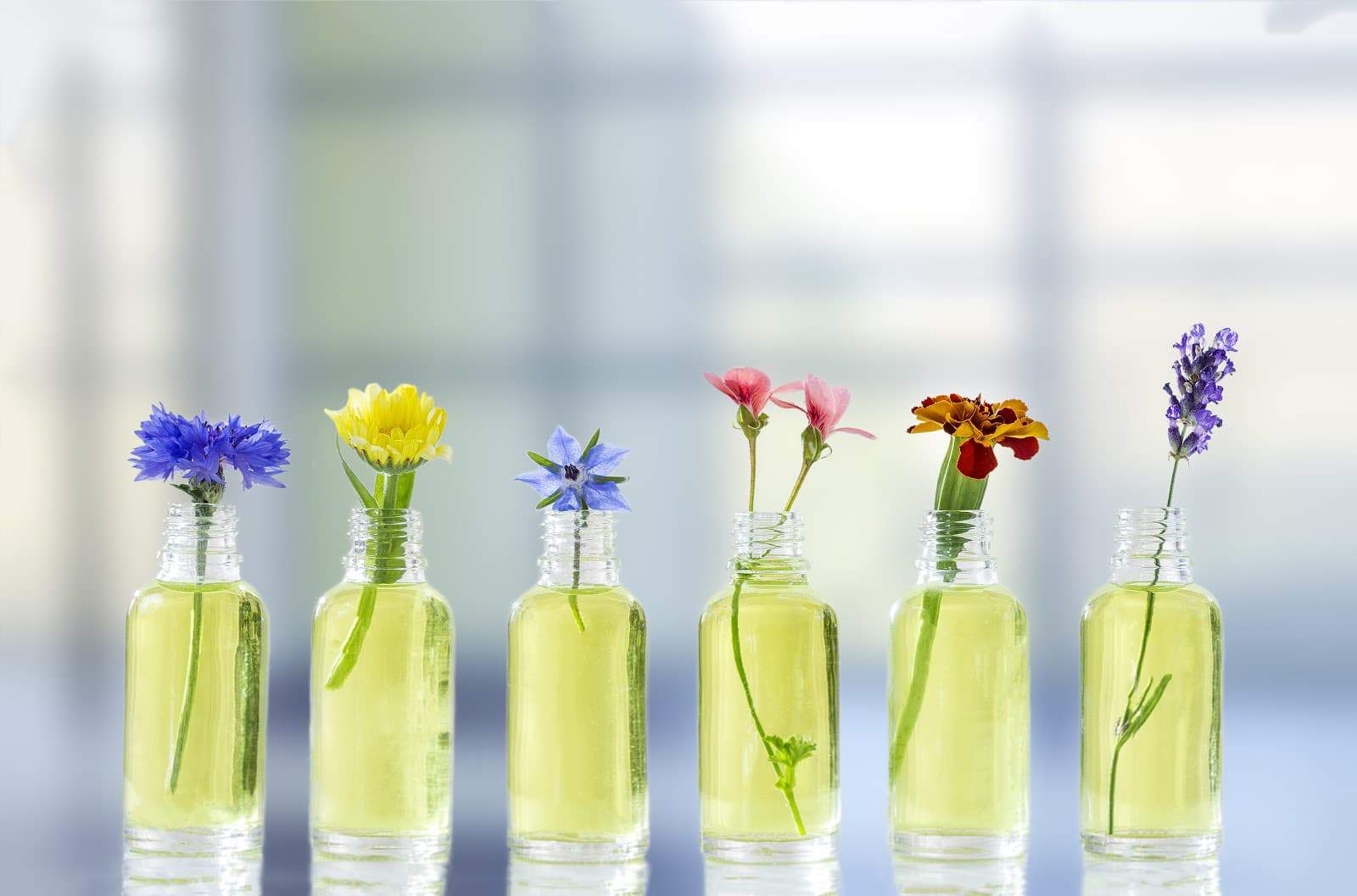Essential oils have become more and more popular lately. Understandably, many people are skeptical of their claims. Do these oils really have medicinal properties, or is this just a fad fueled by bogus media propaganda? I am pleased to inform you that essential oils do in fact wield healing properties, and using them is a valid and effective way to treat a number of health conditions.
As I walk you through the top eight essential oils, you will find a wealth of scientific research that supports this claim! I will also cover important essential oil basics, such as different ways to use them and crucial safety tips.
ESSENTIAL OILS 101:
WHAT THEY ARE, AND HOW TO USE THEM
Essential oils are natural substances that have been extracted from plants through distillation or cold pressing. There are many different types of essential oils, and each one has its own unique scent and set of benefits. One reason so many people have started gravitating to essential oils is because they tend to have far fewer side effects than many prescription medications.
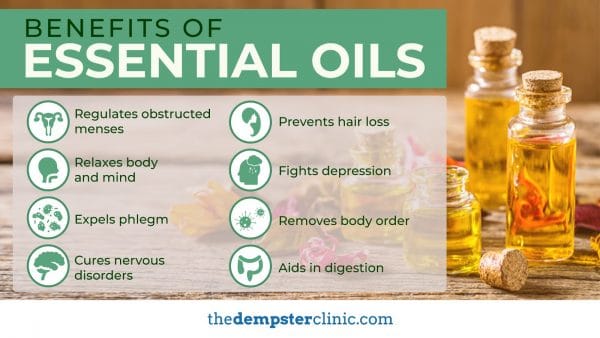
There are a variety of ways to use essential oils, which gives you a great deal of flexibility. For example, one method is to apply them directly to your skin. You can also inhale them, or even add a few drops to a cup of tea.
How to Inhale Essential Oils the Right Way
- For beginners who truly want a no-nonsense experience, the simplest method is to hold the bottle up close to your nose and sniff directly from it.
- Another easy technique is to rub a few drops between your hands and cup them around your nose and mouth as you deeply inhale and exhale.
- As you are probably aware, many people use essential oil diffusers. This is a highly efficient way to add consistent bursts of essential oil vapors into a room. If you decide to diffuse essential oils in your home, be sure to use a designated essential oil diffuser rather than a humidifier or other type of warmer.

- Some individuals find that steam inhalation increases the efficacy of essential oils, especially when it comes to clearing up the nasal passages. To perform this method correctly, simply add a few drops to boiling water in a bowl. Lower your face so that it is close to the vapor, and wrap a towel around your head to trap in the potent healing moisture. Breathe deeply and mindfully, allowing the healing steam and oil to thoroughly penetrate your nasal passages.
- Another technique is to use a spray bottle of an essential oil mixture. This is typically comprised of witch hazel or water along with your essential oil of choice. You can spritz the air, furniture, and even your skin.
- For a simple “on-the-go” approach to inhaling essential oils, simply add a few drops to a cloth. Hold the moist cloth right up under your nostrils, and inhale deeply. This can be particularly helpful for individuals struggling with social anxiety. Carrying around a small, soft cloth doused in an essential oil like lavender or frankincense can provide instant, discrete anxiety relief in social situations.
How to Properly Absorb Essential Oils Through Your Skin
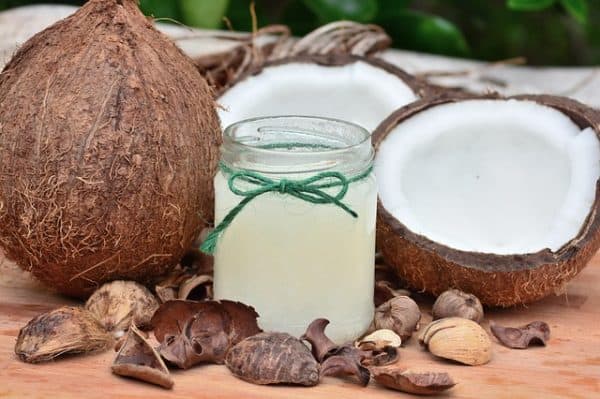
As mentioned above, inhalation is just one way to reap the health benefits of these potent plant extracts. It is very popular to rub an essential oil mixture directly onto your skin. This definitely requires less equipment than a diffuser or spray bottle!
Another thing you can do is add a few drops of your chosen essential oils to a hot bathtub. Sit back, relax, and “steep” your skin in their healing benefits.
For especially potent essential oils, it is best to mix them with a carrier oil before topical application. A carrier oil is simply a vegetable oil like coconut, almond, or sesame oil.
When blending essential oils with a carrier oil, aim for about a 2% dilution. One easy rule of thumb for this is to combine one fluid ounce of the carrier oil with eighteen drops of the essential oil.
HOW TO BUILD A STRONG ESSENTIAL OIL HOME STARTER KIT: THE TOP 8 ESSENTIAL OILS AND HOW THEY CAN HELP YOU
There are seemingly endless essential oils on the market today, so it can be hard to know which ones to use first. To get started, I recommend stocking up on the short list of essential oils discussed below.
It is truly amazing that just a small list of essential oils like these contain the power to heal multiple systems in the body, ranging from the digestive tract to mood disorders and pretty much everything else in between!
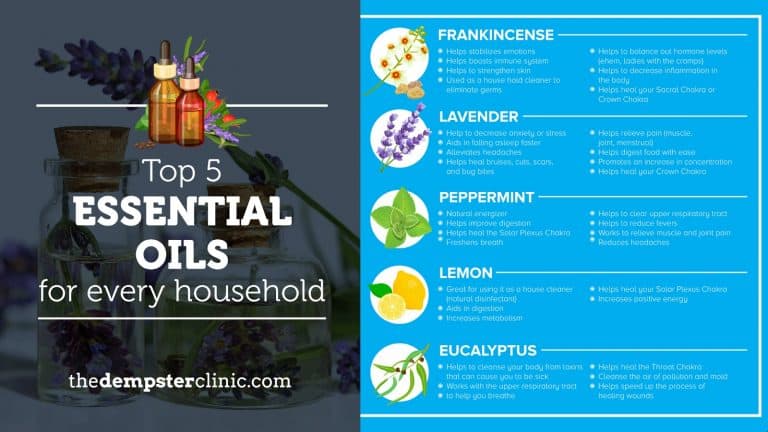
1. Eucalyptus Essential Oil
Eucalyptus oil is an effective remedy for fungal and bacterial infections. Additionally, it helps strengthen your immune system naturally.
For chronic pain sufferers, eucalyptus oil is a beacon of hope. Multiple studies suggest that daily usage can lessen pain levels. To illustrate, consider the following study published in the American Journal of Physical Medicine and Rehabilitation.
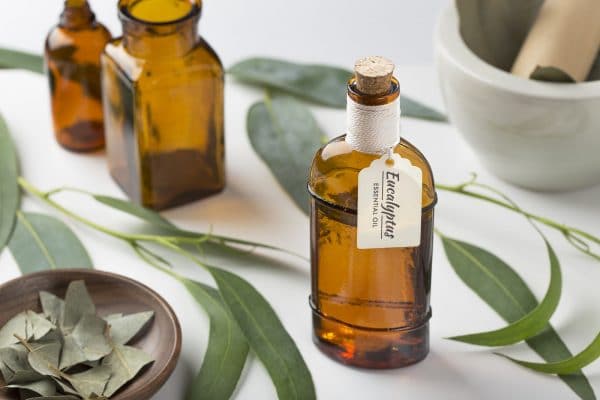
The results of this particular study reveal that topical application of eucalyptus oil increases cutaneous blood flow, as well as skin and muscle temperatures. All of these physiological responses occur in the body when a painful area is experiencing relief. Do you struggle with chronic pain? To get the most out of your eucalyptus essential oil regimen, mix it with mint essential oil for a powerful synergistic effect.
Due to its anti-inflammatory and antimicrobial properties, eucalyptus oil is a powerful medicine for respiratory problems. It has been shown to reduce coughing, ease symptoms of the common cold, and help clear congested nasal passages. Notably, eucalyptus oil is useful for even severe respiratory conditions like bronchitis or strep throat. This is because it contains compounds that are particularly well-suited for killing a specific type of unhealthy bacteria that causes respiratory diseases.
2. Frankincense Essential Oil
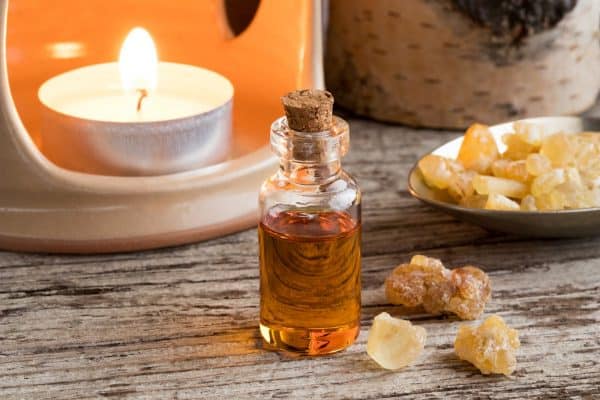
You’re likely familiar with the story of frankincense and three kings, but you may be surprised when you shift your perspective and consider this substance in a more scientific context. In truth, many scholarly scientific reports concur with the ancient belief that frankincense oil was a precious gift.
For example, one promising study, as published in the Oncology Letters, shows evidence that frankincense may help fight cancer, especially breast cancer.
Another study reveals frankincense’s healing effects on upper respiratory disorders, ulcerative colitis, and rheumatoid arthritis. Since frankincense inhibits the growth of leukotrienes, it makes sense that it would have such a powerful effect on these diseases fueled by inflammation. (Leukotrienes are believed to exacerbate inflamed areas of the body.)
In addition to fighting cancer and other diseases, frankincense essential oil also promotes better gut health. Therefore, I urge you to try using frankincense essential oil, especially if you suffer from Crohn’s disease, ulcerative colitis, chronic diarrhea, bloating, or other symptoms of IBS.
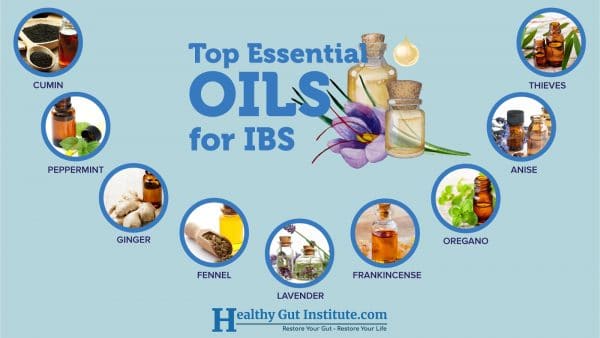
3. Lemon Essential Oil
Ah, the zesty scent of lemon! This colourful citrus essential oil is a must-have for any starter essential oil kit because it is so multifunctional. It has an especially soothing effect on digestive distress, especially flatulence. Lemon essential oil also promotes a faster metabolism.
As you can see, you have nothing to lose and a lot to gain by making lemon essential oil an integral part of your daily routine, particularly if you’re in the midst of packing on unwanted weight pounds.
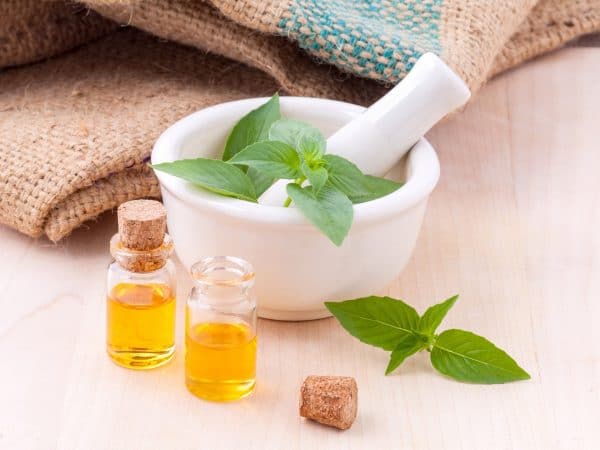
Like most citrus oils, lemon essential oil increases positive energy by healing your Solar Plexus Chakra. Whether you suffer from severe clinical depression or simply want a natural way to lift yourself out of a bad frame of mind, diffusing lemon essential oil may provide exactly the boost your mind craves.
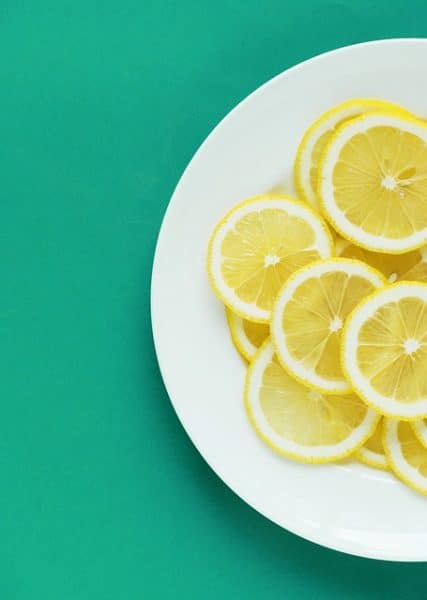
Need proof? Consider this scientific evidence: participants in lemon essential oil aromatherapy reported more positive moods than participants in the control group. This is largely because lemons contain natural substances that elevate norepinephrine levels. Norepinephrine is a natural chemical in your brain that plays an important role in regulating mental health, including anxiety and depression.
Lemon essential oil is wonderful for healing your body and mind, but it is also a fabulous substitution for store-bought cleaning solutions. With all of the dangerous chemicals lurking in popular household cleaning products, lemon essential oil is a safe, high-quality alternative. Its antimicrobial properties and acidity cuts through grease, leaving your home smelling and feeling just as clean as before – minus the hazardous toxins.
4. Peppermint Essential Oil
Like lemon essential oil, peppermint essential oil is an energizing compound that facilitates healing in the Solar Plexus Chakra. Another similarity between these two essential oils is their ability to ease digestive disorders.
Peppermint essential oil is also beneficial for treating upper respiratory tract infections, fevers, muscle aches, joint pain, and headaches.
5. Lavender Essential Oil
Lavender essential oil helps heal mood disorders like anxiety and depression, and it also helps combat insomnia. There is a reason why lavender is many people’s “go-to” herbal sleep aid. In fact, it may be more useful than a prescription sleep aid!
Researchers at the University of Minnesota conducted a study comparing a group of students who practiced good sleep hygiene alone with a group of students who incorporated lavender oil aromatherapy into their sleep hygiene regimen. The results of the study show that lavender oil, when used in conjunction with good sleep hygiene, increases your likelihood of a solid night’s rest.
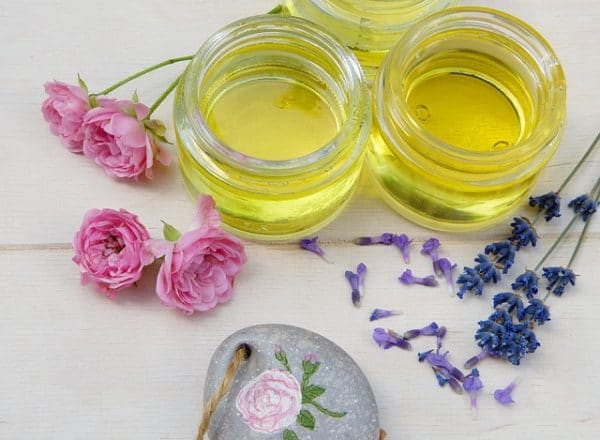
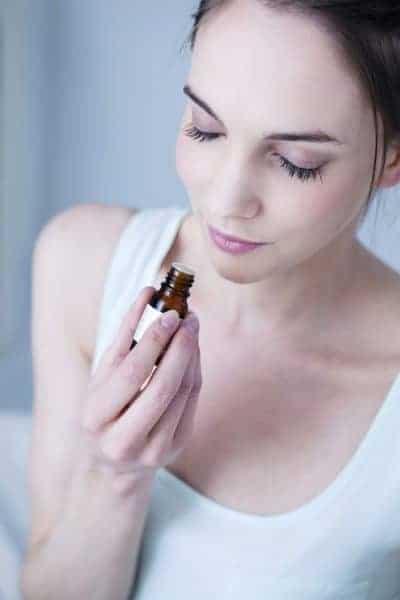
In addition to helping you fall asleep, lavender essential oil can ease anxiety. A study published in the Journal of the Medical Association of Thailand found that inhaling lavender essential oil helps lessen stress and anxiety by calming the nervous system. It does this by reducing the heart rate, blood pressure, and skin temperature – all of which tend to rise when your body is in a high-stress state.
Furthermore, researchers discovered measurable improvements in brain waves of the participants who inhaled lavender. These same participants reported improved moods, especially an increased sense of relaxation.
Better sleep and reduced anxiety symptoms are wonderful, but lavender takes it one step further by demonstrating an ability to shield new mothers from postpartum depression. Multiple studies show that mothers who use lavender essential oil are less likely to develop postpartum depression, as compared to mothers who abstain from the plant extract.
6. Tea Tree Essential Oil
Tea tree essential oil possesses both antifungal and antibacterial properties, and it can work wonders for problems in your nails, skin, and hair. Some people even use it as a natural mouthwash or deodorant!
The soothing anti-inflammatory properties of tea tree essential oil soothes acne and prevent breakouts. Therefore, if you struggle with mild to moderate acne, you may find encouragement in a 2007 study that establishes a clear connection between daily application of tea tree oil and reduced acne symptoms!
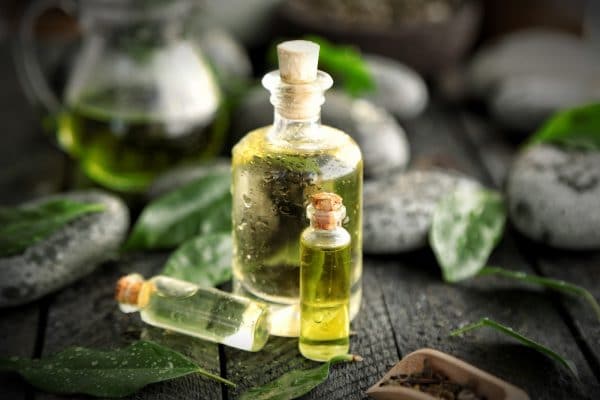
Another study published in the US National Library of Medicine National Institutes of Health found that tea tree oil reduced the number of acne lesions on many different participants. The sample group in this study represented a wide range of acne levels, including individuals struggling with extremely severe, stubborn acne.
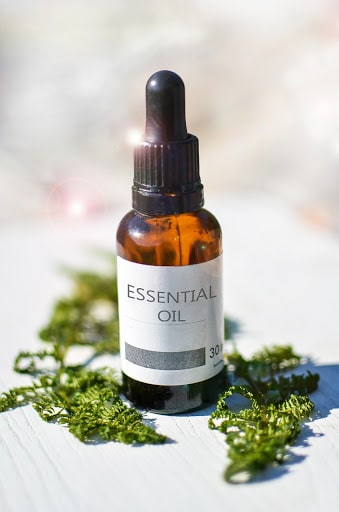
Tea tree essential oil is also helpful for other types of skin conditions. If you suffer from eczema, dry skin, or excess oil, tea tree oil may be the solution to your problems. In fact, one scientific study reveals that direct application of tea tree oil to the skin may be more potent than popular creams that are marketed as eczema medication!
You’ve undoubtedly seen tea tree shampoo on sale for dandruff treatment. But did you know that you can treat particularly stubborn dandruff more effectively by adding a tea tree oil hair mask to your regimen? To do this, simply mix a few drops of tea tree oil with a carrier oil. Massage the mixture thoroughly into your hair and scalp. After allowing your hair to bask in this healing tea tree mixture for about twenty minutes, rinse it and follow up by washing with your shampoo of choice.
If you use this tea tree essential oil hair mask in conjunction with your dandruff shampoo, you may be astounded by how much more quickly your skin returns to health.
7. Sandalwood Essential Oil
Sandalwood essential oil is a time-honoured natural medicine with many healing properties. For a brief idea of how far the benefits of sandalwood reach, consider a small sampling of its abilities: it helps alleviate symptoms of anxiety, enhances concentration, fights cancer, and also kills disease-causing bacteria.
If you are looking for natural anxiety remedies, the studies regarding sandalwood and anxiety have promising implications. For example, one pilot study found that sandalwood reduced anxiety levels in subjects. Although the study was too small to be officially conclusive, the results are encouraging. Stress is closely linked with excessive levels of cortisol in your body, and failure to treat anxiety and stress can negatively affect your overall well-being.
Another way sandalwood essential may benefit your mind is by increasing your ability to concentrate. A study published in Planta Medica reveals that individuals who inhale pungent sandalwood tend to experience heightened physical responses that occur in the body when someone is focusing at a higher capacity. These include an increase in heart rate, breathing, and pulse. Participants in the study also reported marked improvements in concentration, as well as elevated moods.
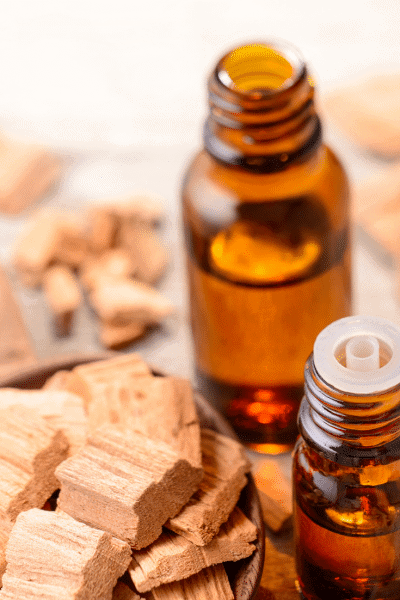
If you are looking for an essential oil with cancer-fighting properties, sandalwood has you covered in that arena as well. Specifically, sandalwood has been linked with helping fight skin cancer. This is likely because it contains α-santalol, a substance that many researchers believe may kill cancer cells.
Sandalwood may help fight one of the worst, most problematic antibiotic-resistant bacteria, called Staphylococcus aureus. A study published in the Journal of Cranio-Maxillofacial Surgery reports that sandalwood may be beneficial for treating infection from this specific bacterium, as well as many other bacteria lurking in hospitals today.
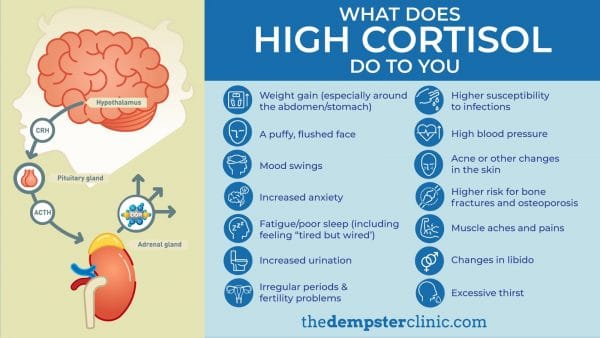
8. Chamomile Essential Oil
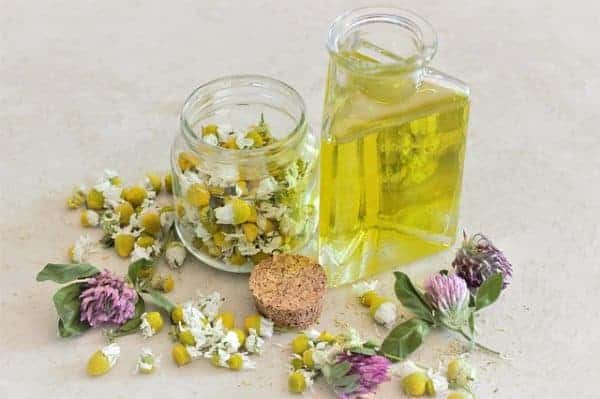
Chamomile, one of the oldest natural medical treatments, is more than just a sleep-inducing tea! It contains plenty of antioxidants and contains effective anti-inflammatory and antimicrobial compounds. According to a study published in the journal of Molecular Medicine Reports, chamomile oil may treat a number of conditions, ranging from arthritis to eczema. Below are some examples of the many benefits published in this report.
If you struggle with symptoms of IBS, chamomile essential oil may provide you with some relief. This is because chamomile soothes irritated intestines, allowing food to easily pass through your digestive tract.
Another benefit of chamomile is its ability to alleviate anxiety. This likely because chamomile contains a compound called apigenin, which effectively attaches to your brain’s GABA receptors and creates an increased state of relaxation.
This mechanism is very similar to many prescription anxiety medications!

Struggling with visible signs of aging? Chamomile essential oil contains flavonoids, which are anti-inflammatory compounds that have the ability to reach your deepest skin layer to heal at a cellular level. They also help protect your skin from free radical damage caused by the many harmful chemicals and pollutants present in our environment, as shown in the graphic below.
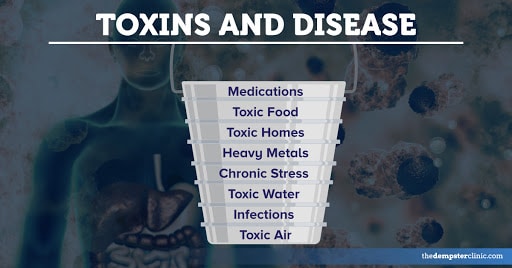
The implications of this are very hopeful; you may want to use chamomile essential oil if you struggle with fine lines or wrinkles. Even if you aren’t struggling with visible signs of aging, chamomile essential oil may still be beneficial for you. For example, it is a highly effective treatment for eczema. One study found chamomile essential oil to be better at treating eczema than popular creams marketed for eczema treatment!
5 IMPORTANT SAFETY TIPS TO REMEMBER WHEN USING ESSENTIAL OILS
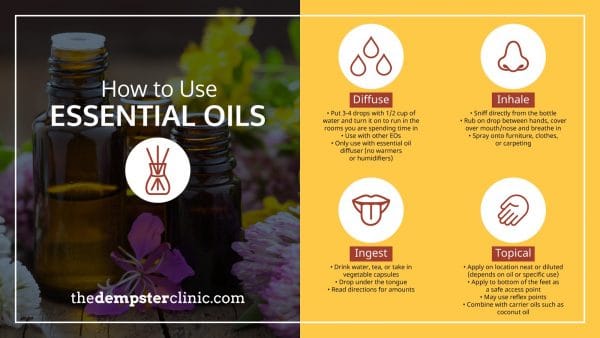
In general, essential oils are very safe. In fact, they have far less potential side effects than most prescription medications! However, pure essential oils are potent and may cause allergic reactions or even burns in sensitive individuals. Below, I’ve outlined some of the most important safety tips.
Don’t overdo it. Remember to add just a few drops to your bathtub, and don’t feel like you have to douse every square inch of a room if you use the spray bottle method. Slow and low is a good motto to go by! Excessive usage may cause dizziness and headaches.
Test a small amount first. For each new essential oil you try, use a very small amount first. If you’re using an inhalation method, add less than the recommended amount of essential oils the first time you use them. If you opt for skin absorption, do a “spot test” the first day. To do this, add one drop of essential oil with 2.5 mL of a carrier oil to your arm. This will show you how your body reacts and help expose an allergy. If you start to itch, notice reddening, or your skin is inflamed in anyway, then you should avoid further usage.

Keep your doctor in the loop. Whenever you add a new medicinal plant to your individual health plan, it is wise to inform your doctor. You should definitely do this if you are taking any prescription medications because of possible negative interactions.
Be especially mindful of safety if you struggle with kidney or liver disease. Your liver and kidneys are responsible for the removal of essential oils from your body. Overuse can also trigger kidney or liver damage. Therefore, it is imperative that individuals with kidney or liver diseases consult their doctors before usage.
Consult your doctor if you are pregnant or breastfeeding. Although there is a fairly established safe dosage for healthy adults, this does not include pregnant or breastfeeding women. Therefore, you should ask your doctor if you are pregnant or breastfeeding.
USING ESSENTIAL OILS TO FIND YOUR BEST HEALTH
The eight essential oils discussed above are just the tip of the iceberg! There are many more essential oils out there, and the best ones for you all depend on your own unique biological makeup and medical conditions.
If you are excited about essential oils and would like help finding the best possible ones for you, I encourage you to schedule an appointment at my clinic. At The Dempster Clinic- Center for Functional Medicine, I will partner with you to analyse your needs and help you find the best way to incorporate essential oils into your health plan.
Please take advantage of my Complimentary 15-minute Discovery Session, which is available for all prospective patients. This session can take place over the phone or at the clinic in person. It gives you a chance to learn more about the services I offer and how they can help you find your best health.
Please schedule an appointment today!
Dr. John Dempster BSc., ND, FAAFM
The Dempster Clinic- Center for Functional Medicine
CREATING THE BEST DIETARY PLAN FOR YOU AT THE DEMPSTER CLINIC- CENTER FOR FUNCTIONAL MEDICINE
Commonly, bloating is a result of dietary choices. I hope that the suggestions above will help you reduce symptoms. However, gut health is complicated, and you may need professional help to determine the best course of action. Sometimes bloating is the sign of a more serious health condition. If you do not notice improvement after tweaking your diet, I recommend a detailed functional medicine analysis. At The Dempster Clinic- Center for Functional Medicine, I can work with you to create an individualised solution to your health problems.
Please don’t hesitate to schedule a Complimentary 15-minute Discovery Session with me, which can take place over the phone or at the clinic. I will teach you more about the services I offer, at no cost to you.
Please schedule an appointment today!
Dr. John Dempster BSc., ND, FAAFM
The Dempster Clinic- Center for Functional Medicine
